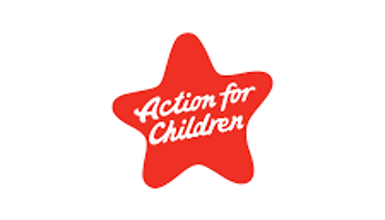Depression prevention
Depression prevention programmes teach coping skills to prevent the onset of low mood and depression.

Depression prevention targeted support programmes aim to prevent the development of an initial depressive disorder by teaching coping skills such as thinking positively, taking positive action, and problem solving.
Depression prevention targeted support programmes are designed to raise awareness of depression risk factors and promote positive peer and teacher support. They aim to reduce the onset of depression and bolster students' mental wellbeing.
Programme information
This information refers to targeted mental wellbeing support programmes evaluated by the National Institute for Health and Care Excellence (NICE). Other programmes may vary in programme length and delivery method.
- Length: 11-14 weeks (weekly sessions)
- Delivered by: School psychologists, programme specialist
- Delivery method: Group
- Age: 11 - 16
Targeted support programmes
You may wish to explore the following examples of depression prevention programmes to see if they are right for your setting.

The Blues Programme*
The Blues Programme is a six week programme to teach young people aged 13 – 19 about emotional resilience, and to reduce low mood and anxious thoughts.

DISCOVER
DISCOVER is a school-based workshop programme for students aged 16-18 who experience anxiety, low mood and high stress.
*Please note: these programmes have not been evaluated by Anna Freud, or by NICE as part of their evidence reviews. Their inclusion does not indicate endorsement.
There may be similar services and programmes for depression prevention that are available in your local area. Contact your local authority to find out what is available to your school or college.
If you are unsure who to contact at your local authority, try speaking to your Mental Health Support Team (if applicable), your trust leadership team, or your setting’s safeguarding or pastoral lead.
If you haven’t yet reviewed the targeted support guide, this will help you to consider which types of targeted support might be appropriate for your setting.
What did the evidence show?



